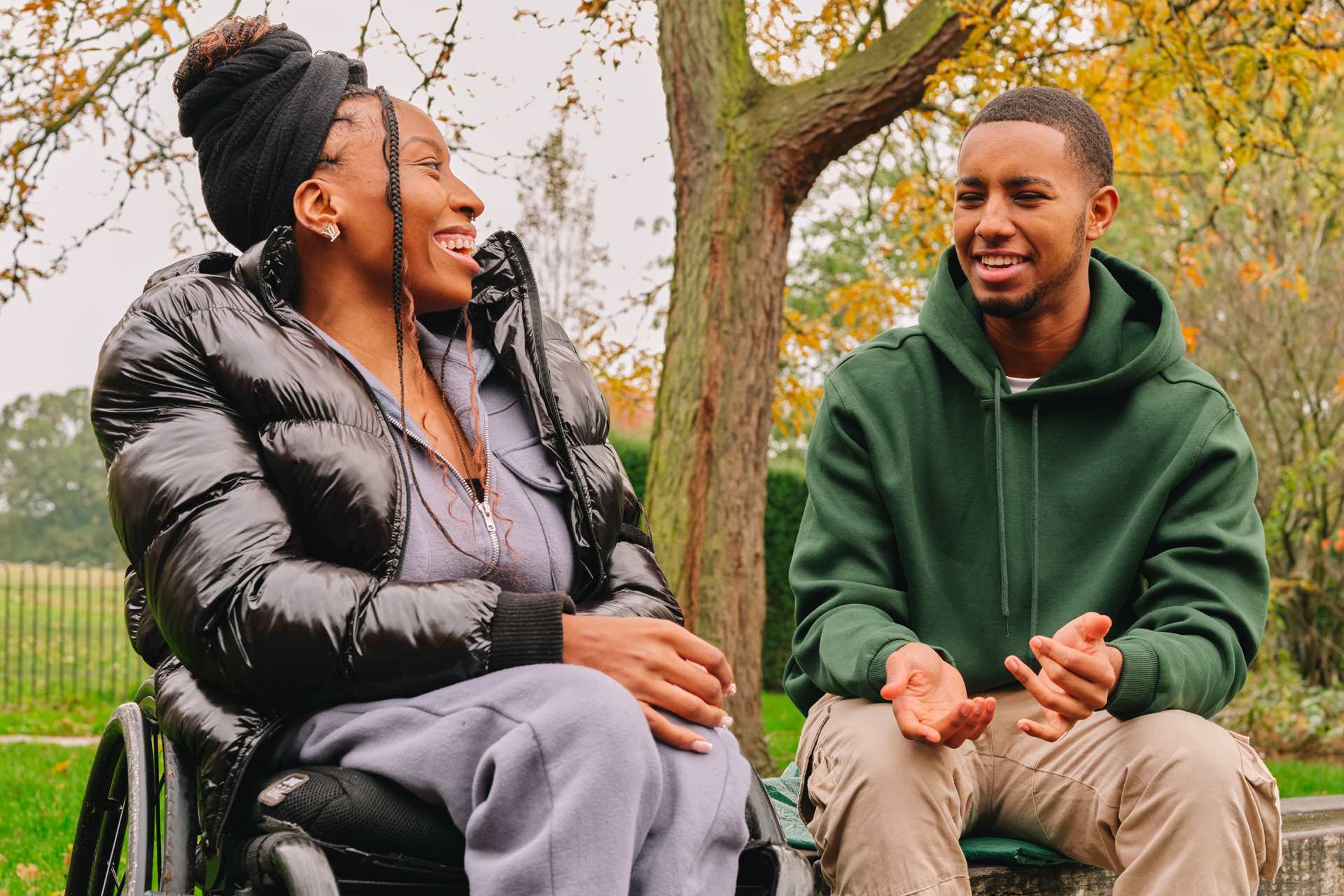Information and safety considerations
Your doctor will consider any other medical conditions or symptoms you have before recommending a medicine for you.
Your medicine will come with a ‘patient information leaflet’. It’s important that you read this information. Speak to your pharmacist if:
- you’re not given a leaflet
- you don’t understand the information
- you need it in a different format or language
- you’re concerned about something you’ve read
The information leaflet also includes a list of warnings and precautions to consider before you take the medicine. If you think that any of these apply to you and are concerned that your doctor is not already aware of them, check with your doctor or pharmacist before you start to take your medication (or as soon as possible if you are already taking it).









